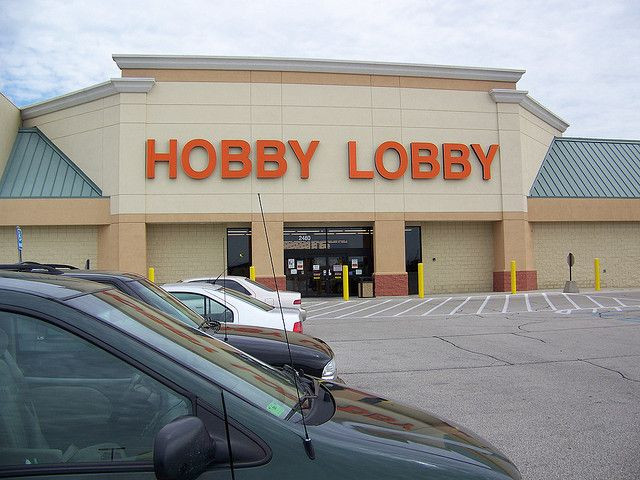Hobby Lobby Won't Offer Morning-After Pill, Risks $1.3-Million Fine Per Day

Though the Supreme Court denied their injunction, an attorney for Hobby Lobby announced that they would not be providing the morning-after pill for their employees, despite risking fines of up to $1.3 million a day.
The arts-and-crafts store and bookstore Mardel, Inc. are owned by five family members. According to the Hobby Lobby website, the family - and the company - are heavily influenced by their Christian values. In their Statement of Purpose, the website reads that they seek to "[honor] the Lord in all we do by operating the company in a manner consistent with Biblical principles."
The company sought to receive a temporary injunction from the Supreme Court that would exempt them from the provision of the Affordable Care Act requiring employers to cover contraception under their insurance plans. The opinion, written by Justice Sonia Sotomayor, was the first time that the Supreme Court has weighed in on that portion of the Affordable Care Act. She wrote, "Applicants do not satisfy the demanding standard for the extraordinary relief they seek." However, she also wrote that the company could pursue their challenge in the lower courts.
The company says that the mandate challenges their religious beliefs. They argue that the morning-after pill is equivalent to abortion, in their eyes, because it can prevent a fertilized egg from implanting on a woman's uterine wall.
Their lawyer, Kyle Duncan, representing the organization on behalf of the Becket Fund for Religious Liberty, which is challenging the constitutionality of the contraception mandate, says that the company will continue to provide health insurance for the employees who qualify. However, the organization will not be offering insurance that covers the morning-after contraceptive pill. "To remain true to their faith, it is not their intention, as a company, to pay for abortion-inducing drugs," Duncan said to the Associated Press.
President Obama has created exemptions concerning the contraceptive mandate for religious organizations who argued that the mandate violated their religious beliefs, though the organization's insurer would need to provide the service free of charge. However, U.S. District Judge Joe Heaton said that the for-profit company did not qualify as a religious organization.
MedPage Today reports that three organizations, at least, have received temporary reprieves from the mandate, most recently a Christian bookstore.



























